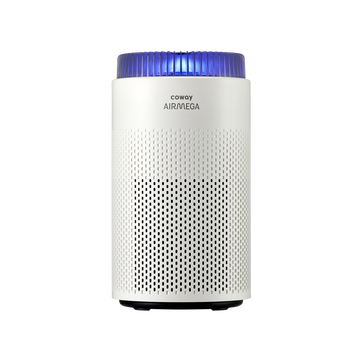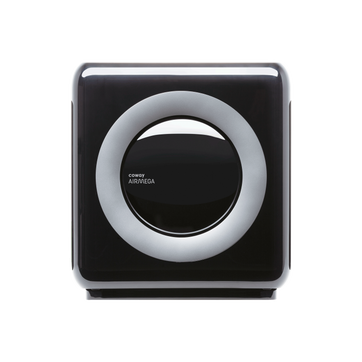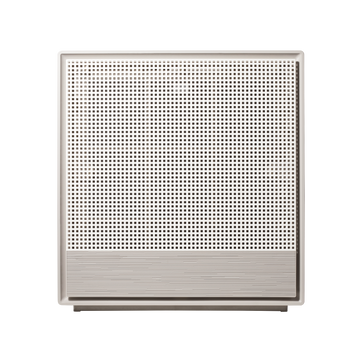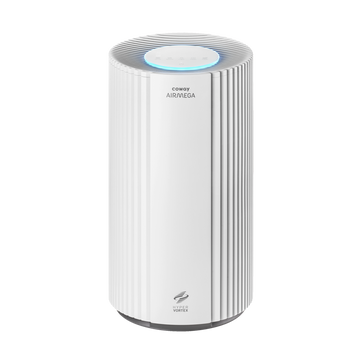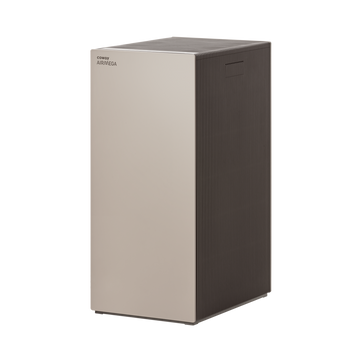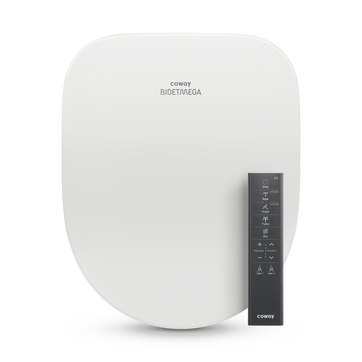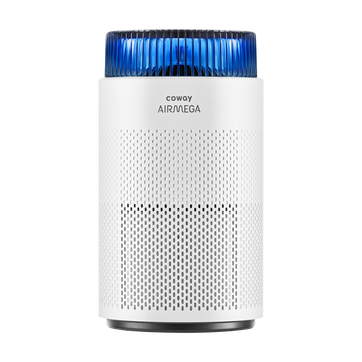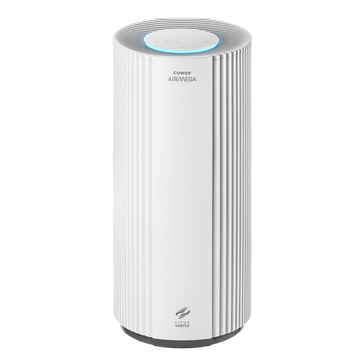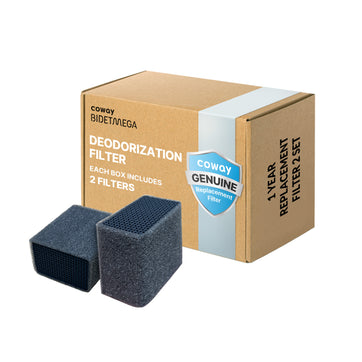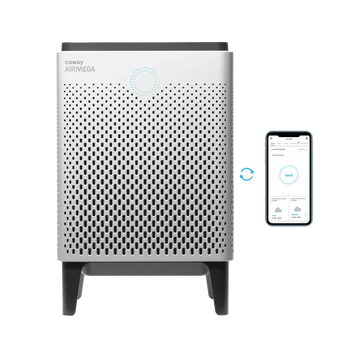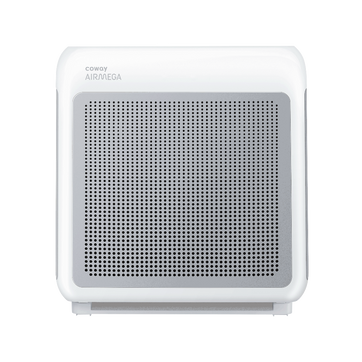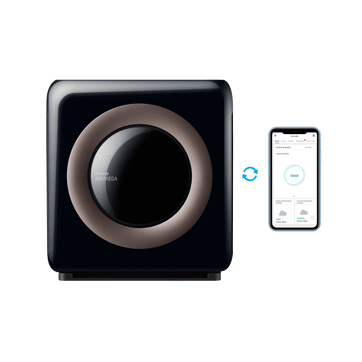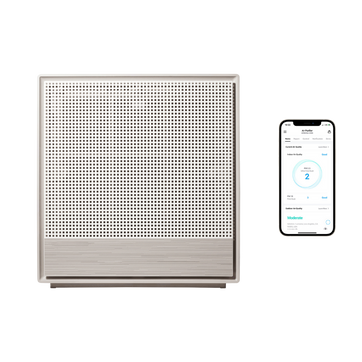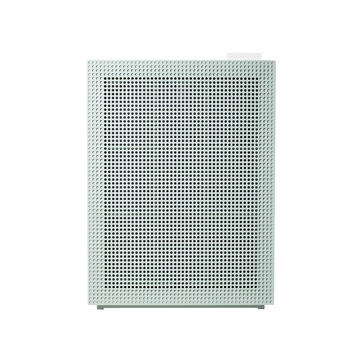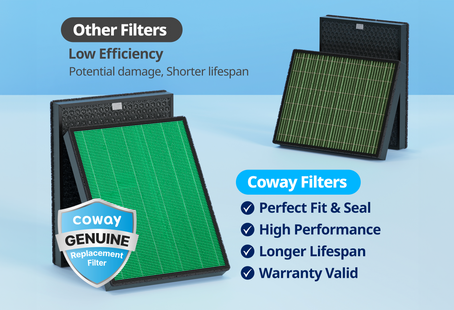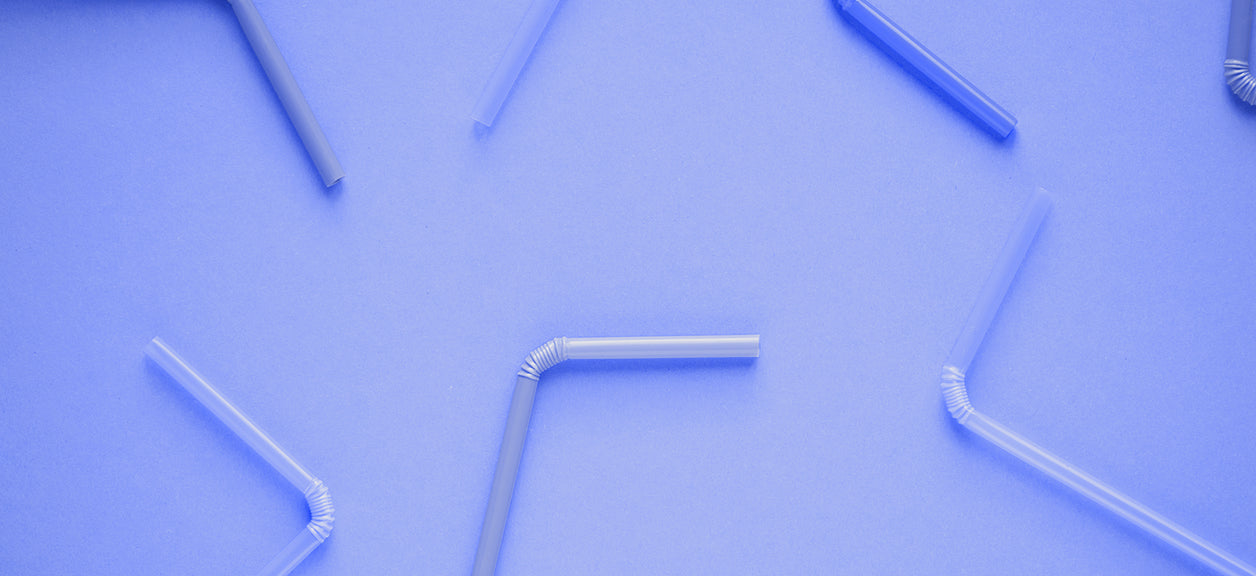
The case against plastic straws
Question: What do American Airlines, Marriott Hotels, Ikea and the city of Vancouver, Canada have in common? Answer: They are all in the process of banning plastic straws from their daily operations.
Small size, big problem
But why? Sure, discarded straws end up in our waterways—our streams, lakes and oceans—but aren’t bigger plastics a greater concern? Well, the small size of plastic straws is why they cause such significant environmental harm.
Tough to recycle
On July 9th, 2018, Starbucks joined the ranks of other forward-thinking companies and announced plans to ban plastic straws in all their stores by 2020. As part of the coffee chain’s reasoning, they cited plastic straws as “too small and lightweight to be captured in modern recycling equipment” while Business Insider reported that two of the largest recycling companies in America confirmed that their machines often fail to process straws. As a result, the little plastic tubes litter streets or get dumped into landfills, where wind and rain carry them into waterways.
Volume adds up
The Starbucks ban alone will eliminate over a billion plastic straws per year. This volume of single-use plastic waste adds up. In fact, plastic straws and stirrers account for 7.5 percent of all the plastic waste in our environment today. What’s worse, because straws are made of thin, light plastic, they become brittle in the sun and break quickly making them a major contributor to microplastics in the ocean.
Reducing waste
The core issue is pollution caused by single-use plastics. Whether it’s from water bottles or straws, when we rely on plastic for our daily drinking needs, we end up polluting the world’s water sources. The Coway Aquamega 100 is an easy alternative to this problem. Install the triple-filtering water system at home to enjoy an unlimited supply of clean water every day. Then, when you’re on the go, fill up your reusable water bottle with fresh water from the kitchen tap—no plastic straw needed.
Disclaimers
1Coway air purifiers have been proven to trap dust, pollen, dander, viruses and bacteria in the air based on KCL (Korea Conformity Laboratories) testing.They have been tested in a 30㎥ size chamber according to the Korea Air Cleaning Association standard (SPS-KACA 002-132:2022 Modified) to measure the 0.01㎛ size of particle removal rate. It was tested on maximum airflow speed in normal room temperature and humidity conditions. The performance may vary in the actual living environment of customers.
→ Tested with Airmega Aim, 50, 100, 150, 160, Tower AP-1216L, Mighty AP-1512HH, MightyS AP-1512HHS, 200M, Icon, IconS, 230, 240, 250, 250 Art, 250S, 300, 300S, 350, 400, 400S, 450, ProX
299.97% of viruses, bacteria, fungi and pollen were verified to be removed from the air for Coway air purifiers which have Green True HEPA™ filter applied based on the Japan Food Research Laboratories(JFRL) testing according to JEM 1467 standard.
→ Tested with Coway Airmega Mighty AP-1512HH, MightyS AP-1512HHS, 250, 250 Art, 250S, 300, 300S, 400, 400S
→ All tested by JFRL and received above result within below time.
4The concentration of ammonia, acetaldehyde and acetic acid were proven to be removed within 30 minutes by FCG Research Institute, Inc. Human Life Science Lab. It is not a demonstration result in the actual use space. Not all odors and gases may be supported. → Tested with Coway Airmega 150, 160, Mighty AP-1512HH, MightyS AP-1512HHS, 400, 400S
5The coverage area of the air purifier is based on an area where the air cleaner can make two air changes per hour (ACPH). An air change per hour translates to how many times an air purifier can clean an area, assuming the height of a ceiling to be 8 ft, in one hour. Therefore ** means two air changes per hour means that the cleaner can clean the area once every 30 minutes and * means air changes per hour means that the air purifier can clean the area once every 60 minutes.
10Terms and conditions apply. Discounts, including promotions, coupons, bundle discount and subscription discount, cannot be stacked on top of other coupons. During promotional periods, discount codes will not be able to be applied to orders. Promo codes may apply to products only—filters, accessories, and new products within 3 months of the release date are not included.
11Based on Coway R&D internal laboratory testing, activated carbon filtration was shown to remove up to 95% of ammonia odors within 40 minutes, and up to 99% of fecal odors within 20 minutes. Actual performance may vary depending on usage conditions.
